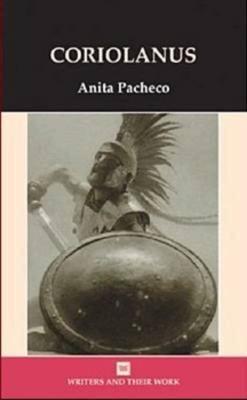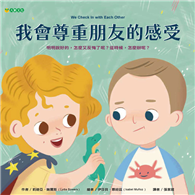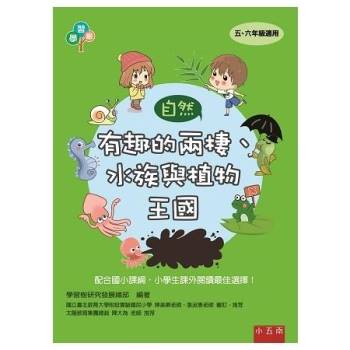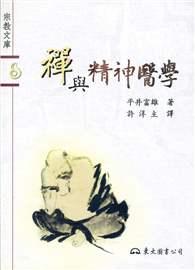This book offers a stimulating new reading of Shakespeare’s last tragedy. It situates the play within its own historical period and presents a lucid reappraisal of its representation of class conflict. One of the book’s central arguments is that in adapting Plutarch’s ’Life of Caius Martius Coriolanus’ for the stage, Shakespeare smoothed out the radical political edges of his source, transforming its history of ruling-class oppression into a tragedy focused on the internal contradictions of aristocratic honour. The book also provides a re-valuation of Volumnia’s role in the play, arguing that she is depicted neither as a bad mother nor an unfeminine woman but as the embodiment of a Roman ideal of aristocratic motherhood. The final chapter examines the way this most political of Shakespeare’s plays has been regularly revived and appropriated during periods of political crisis. Paying close attention to context, language, genre and dramatic structure, this lively study will appeal both to general and












